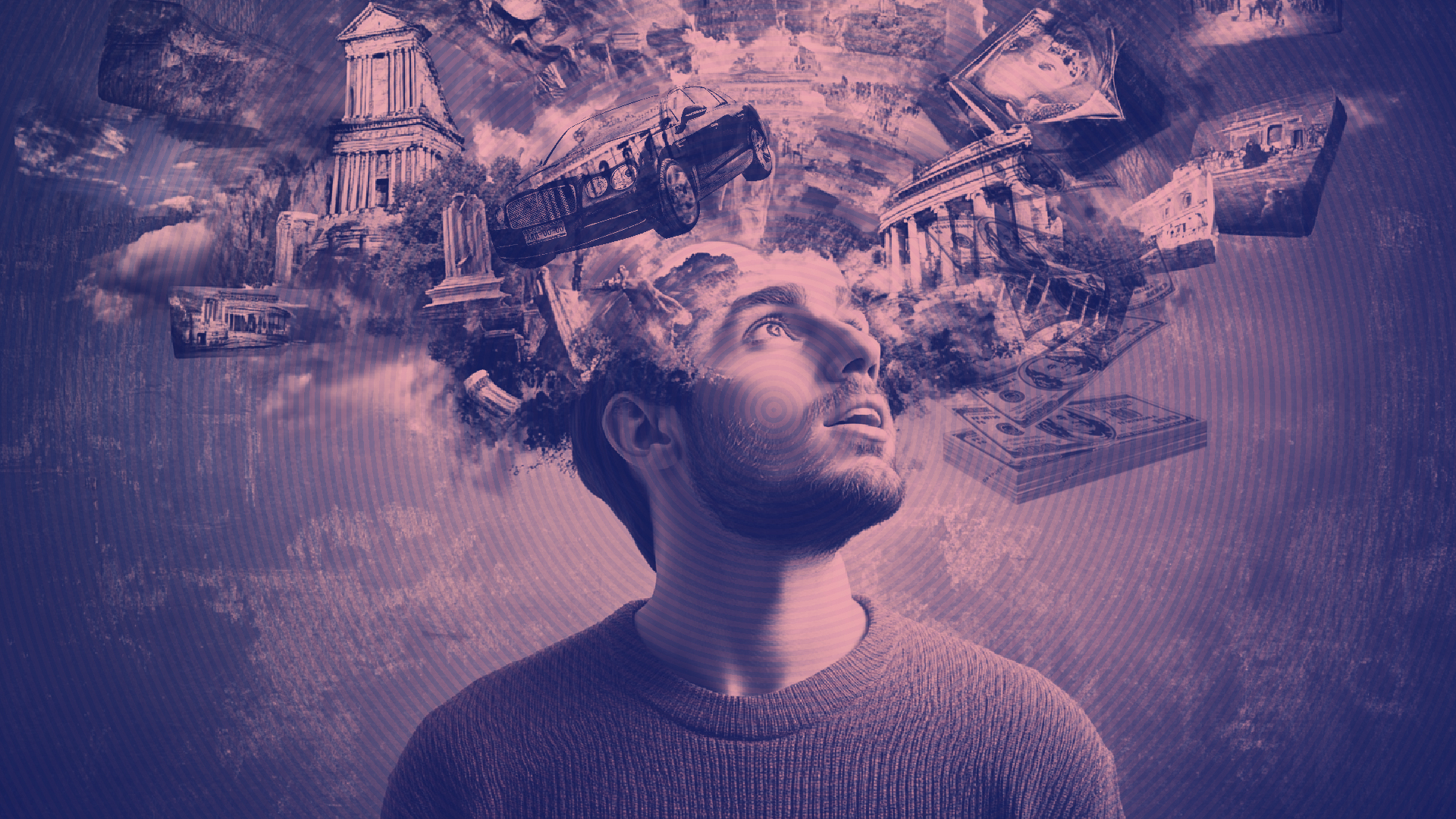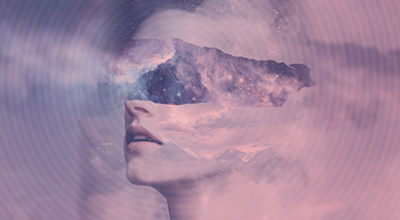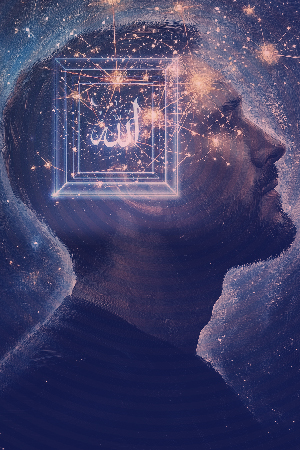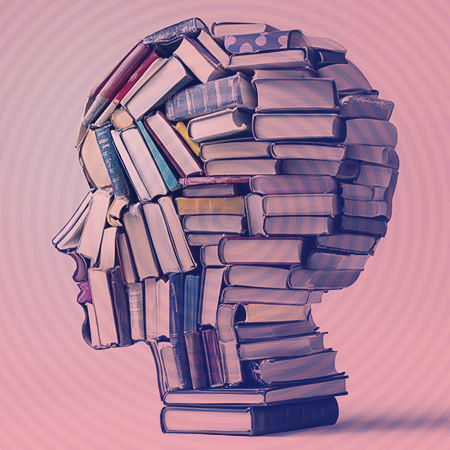Montazer Self-Knowledge School
What Is Knowledge of the Human Being?
What is knowledge of the human being? This question has existed as long as humans themselves. Since humans have come to this planet, they have sought to know themselves. The result of these efforts is the emergence of various fields of science from medicine to astronomy.
What Is Knowledge of the Human Being?
What is knowledge of the human being? This question has existed as long as humans themselves. Since humans have come to this planet, they have sought to know themselves. The result of these efforts is the emergence of various fields of science from medicine to astronomy. Different scientists have defined the human being based on their understanding of themselves, thus providing answers to the question of what knowledge of the human being is. Although all these points of view may sometimes contradict each other, they are not completely wrong, as each addresses a part of the magnificent and multi-faceted nature of the human. For that reason, knowledge of the human being can be considered one that encompasses the entirety of human existence, and must understand all human needs and desires, providing answers to them. Current approaches to knowing the human being or self-knowledge have yet to fully capture the complexity of our innate characteristics; each of these fields of knowledge has independently studied human existence without considering other aspects, resulting in nothing!


What are the benefits of Knowledge of the Human?
The modern world defines happiness and peace as myths in order to keep hope alive in the hearts of human beings, most of whom are sad and lonely. The tendency to reject the enduring potential of humanity through negative labels and the suppression of these potentials stems from an unnatural perspective often found within civilizations. These civilizations see the human as just one created being among others, not the center of creation. They try to shape humanity based on what they see, rather than aligning their definitions with the true essence of human existence. These definitions have nothing to do with humans, and no awakened heart can accept these definitions which have been imposed on humanity under the guise of science and knowledge.
What Are the Types of Knowledge of the Human Being?
Terms like “rational animal,” “social animal,” “thinking animal,” and “tool-making animal” all lack a comprehensive view of humans and have deprived millions of people around the world of knowing their true existence. Modern and postmodern anthropology, experimental anthropology, medical anthropology, religious anthropology, mystical anthropology, and many other types created daily have failed to achieve the main goal, yet leaving humans in search of love, peace, and happiness.

What definitions of the human being have empirical self-knowledge and philosophical self-knowledge provided?
Many materialist schools of thought consider the human as the starting point, believing that understanding the world begins with understanding the human being, and humans will not understand the world, until they understand themselves. Modern approaches to knowing the human being – whether philosophical, experimental, or based on any other purely human-derived knowledge – ultimately fall short, offering an inadequate understanding that cannot meet our needs without causing harm to other aspects of our existence. Therefore, today’s schools of thought claiming to offer knowledge of the human being are fragmented fields of knowledge with no successful achievements. The wars, diseases, suicides, divorces, anxiety, and unrest that plague us today are a direct result of this narrow, single-perspective approach to studying the human being.
If we define the human as a being that has appeared on earth by chance and who finally turns into nothingness after a while, trials and errors leading to chaos, misery, or death of thousands may not seem like a grave mistake. This is precisely what many schools of thoughts have done in the past, presenting contradictory definitions and introducing different schools of thought that had no results but promoting war, slaughter, and the destruction of millions of lives.




How Does Islam Approach the Knowledge of the Human Being?
Shia philosophy introduces the human as a multi-faceted being that, according to the various aspects of his existence, has different desires, needs, and ideals. If one does not understand and define oneself correctly, each of these aspects will fight with others for greater power. Islamic approach to knowing the human being defines the human as an infinite being that will only find peace by achieving infinite perfections. It sees humans free from the restrictions of the material world while maintaining a close relationship with it. This school considers the human being not merely as a member of the material world but as the reason for its existence, providing clear reasons for this perspective. In Shia thought, the human is the starting point of life, and understanding the human being is the beginning of understanding the entire universe. Not only is understanding the universe rooted in understanding the human, but the path to knowing God also begins with understanding humanity. The human is the most comprehensive being, the center of existence, and the starting point of life. God has created everything for and because of the human being. There is nothing in the world unless it reflects some aspects of human existence, and everything exists in relation to the human.
Knowledge of the Human Being: The Mother of All Kinds of Knowledge
What distinguishes Islamic perspective on the knowledge of the human being from others is its comprehensiveness and focus on the very existence of humans. It examines everything from the perspective of humanity and first clarifies its relationship with the human being, while other types of knowledge and worldviews interpret everything as separate and unrelated subjects.
Therefore, knowledge in materialist schools follows separate and disjointed routes, whereas Islamic knowledge of the human being brings these routes together into an integrated chain. This is the reason for the creation of the great Islamic civilization during the Safavid era in Iran and the emergence of polymath scholars in Islam. These scholars were architects, physicians, judges, writers, orators, mathematicians, and at the same time ethics and philosophy masters, who reached high status and can be considered successful examples nurtured in the school of Islamic self-knowledge.


Knowledge of the Human Being in the Quran
The Quran defines the human as an infinite being, coming from God and returning to Him, and believes that the human is an eternal being born to transform their infinite potentials to actual qualities and prepare for life in the next world. While the Quran recognizes all aspects of human life, it prioritizes the infinite and eternal elements as the essence of human existence. This aspect is our only true asset, which all other schools of thought ignore and suppress, resulting in an increasing level of chaos and a decrease in our happiness and peace.
According to the Quran, a balanced human is one who can prioritize and organize all their desires and aspirations in such a way that the needs of their eternal and human dimension always be considered more important than other desires, ensuring that no obstacles hinder the growth of the eternal aspect of human existence.
In our pursuit to know the human being, we will explore the human as an infinite being, as defined by God, and offer a novel definition of this familiar yet mysterious term—a definition that promises peace, happiness, and love in the lives of all people





